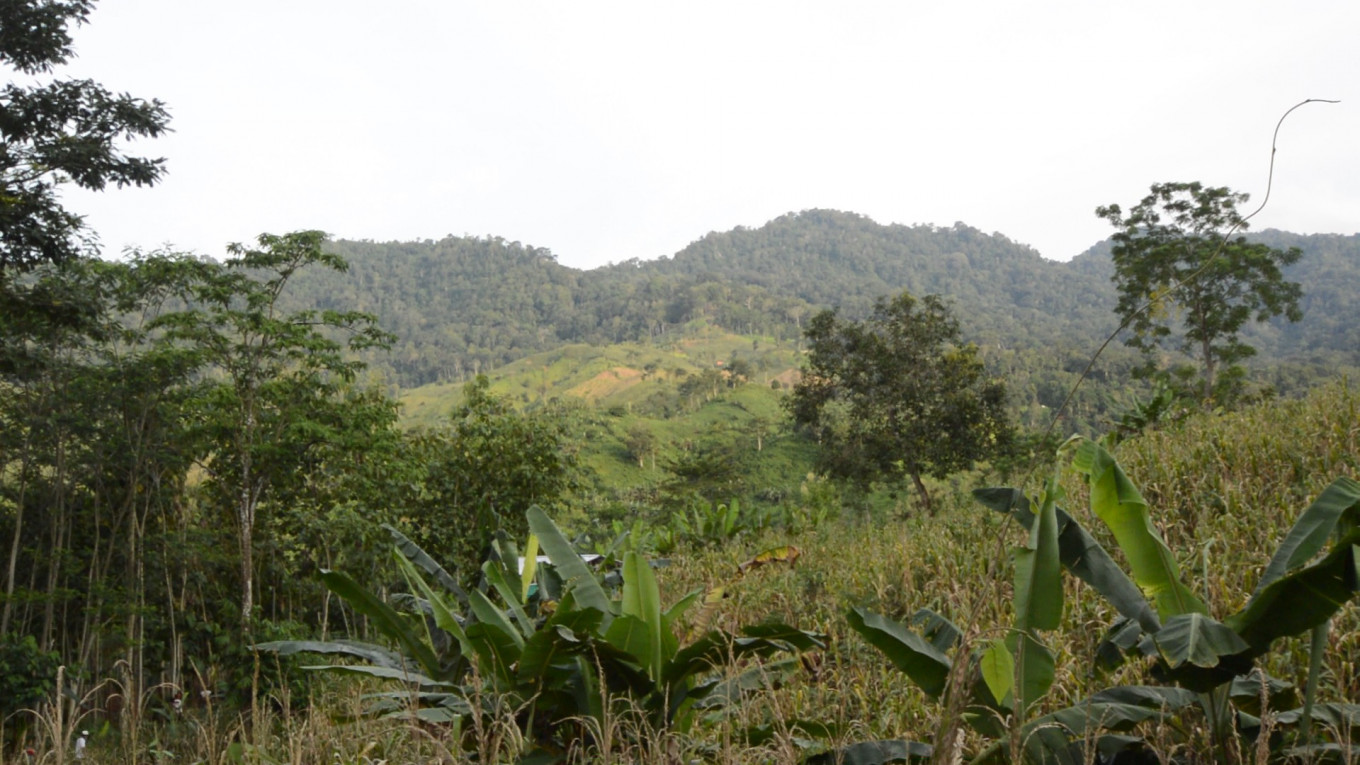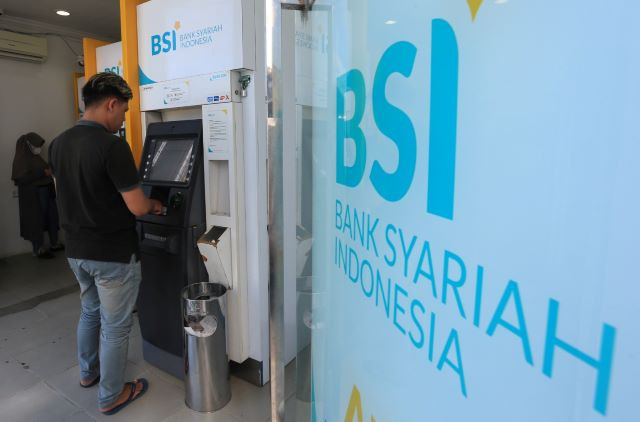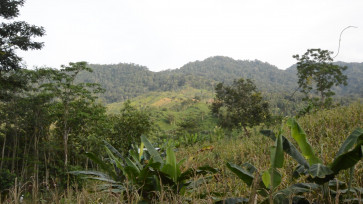Lessons from collapse of RI-Norway REDD+ plan
While the termination of the REDD+ plan was unfortunate and not entirely unexpected, its collapse could offer an opportunity to create such agreements anew so they are more appropriate to today's conditions.
Change Size
 Deforestation from local villagers' illegal logging activities mars a large section of the Meru Betiri National Park in Jember regency, East Java, as seen on on Feb. 15, 2021. (JP/Kharishar Kahfi)
Deforestation from local villagers' illegal logging activities mars a large section of the Meru Betiri National Park in Jember regency, East Java, as seen on on Feb. 15, 2021. (JP/Kharishar Kahfi)
O
n Sept. 10, Indonesia terminated its groundbreaking and long-standing 2010 Letter of Intent (LoI) on carbon emissions reduction with Norway, to the surprise of many.
The LoI stipulates, among others, that Norway will pay Indonesia US$5 for each ton of emissions from deforestation that it cuts. The first 11.23 million tons of reduced emissions has already been verified. The verification should result in a payment of about $56 million to Indonesia as part of the Norway government’s $1 billion total obligation if Indonesia managed to limit its emissions from deforestation and forest degradation.
The payment still had not been made until the day the LoI was terminated.
Notwithstanding the bilateral agreement, Indonesia has shown remarkable progress in reducing its deforestation rate to reach 90 percent in the past five years alone, from more than 1 million hectares per year in 2016 to around 115,000 ha per year in 2020. Indonesia has not seen such a low deforestation rate in at least 20 years.
Deforestation and forest degradation are major causes of releasing climate crisis-inducing greenhouse gases to the atmosphere. The reduction of emissions from deforestation and forest degradation (REDD+) is a mechanism under which developing countries are incentivized for reducing emissions that have resulted from deforestation.
REDD+ has been formally included in international agreements starting with the 2007 Bali Plan of Action, the decisions of the 13th Conference of the Parties to the United Nations Framework on Climate Change that Indonesia hosted in Bali. The mechanism is further embodied in Article 5 of the 2015 Paris Agreement.
The Indonesia-Norway REDD+ LoI was initiated in 2010, and it is among the first that uses the results-based payment (RBP) financing method. It is not a market mechanism (at least, not yet), as the carbon credit earned for reducing emissions remains with Indonesia instead of being transferred to Norway.

















